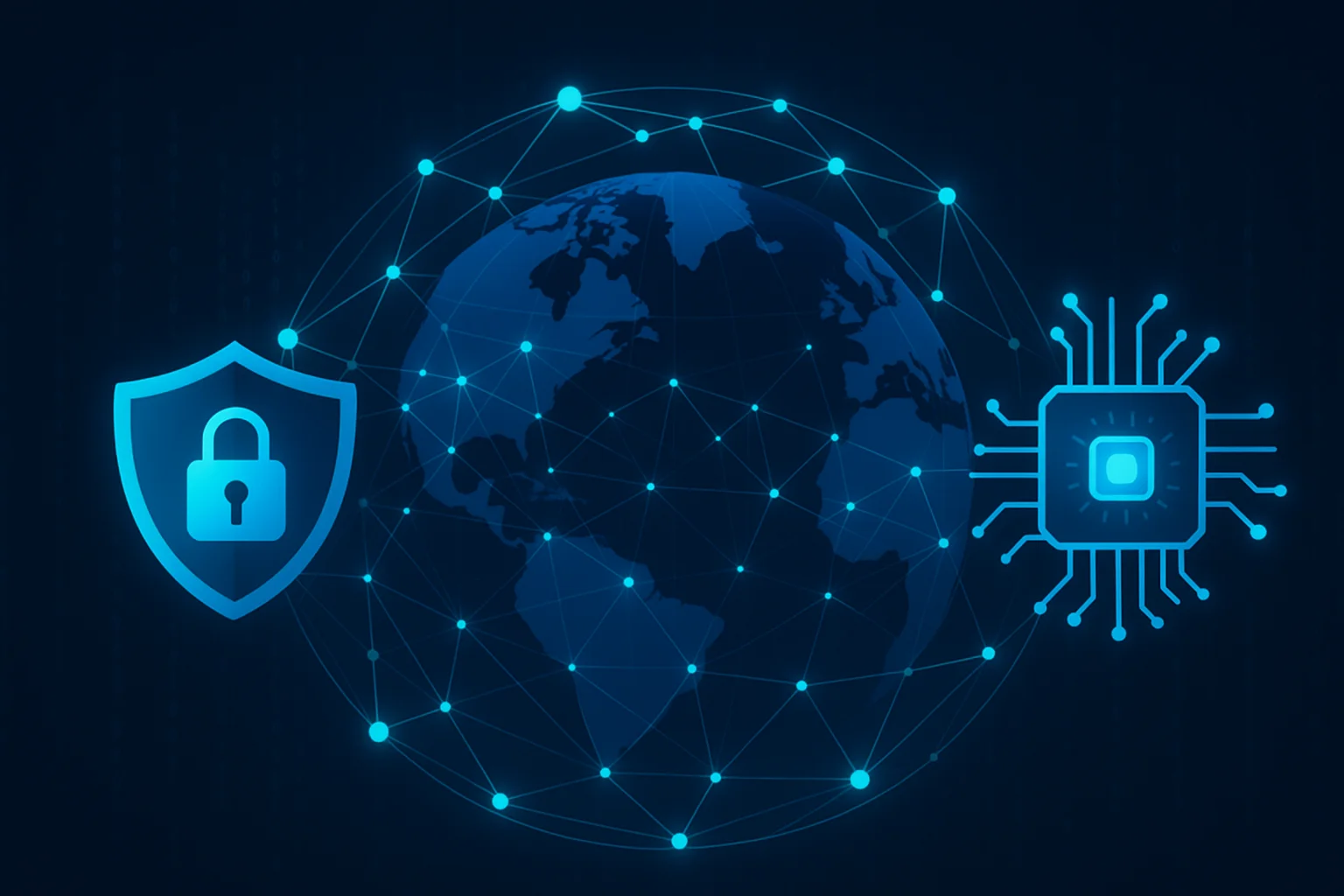Introduction
The internet has evolved dramatically since its early days, but with progress comes risk. As data travels across millions of devices and networks, security remains one of the biggest challenges of our digital age. Traditional systems like IPv4 and IPv6 have served us well, but they were not built for the complex, data-driven, AI-powered world we live in today. Enter IP2 Network — a forward-looking innovation that aims to redefine how security, speed, and connectivity coexist on the internet.
The IP2 Network is more than just another upgrade to existing protocols. It represents a smarter, decentralized, and security-first approach to networking. By integrating artificial intelligence, encryption, and self-healing mechanisms, IP2 promises a safer and more efficient internet ecosystem.
Understanding What Makes IP2 Network Different
Unlike IPv4 or IPv6, which primarily focus on addressing and routing data packets, the IP2 Network introduces intelligence and automation at the network’s core. It’s designed not only to transmit data but also to analyze, protect, and optimize it in real time.
See also How Digital Marketing Solutions Can Transform Your Online Presence
AI-Driven Routing
At the heart of IP2 lies AI-based routing, which enables the network to automatically select the most secure and efficient path for data transmission. Traditional systems route data based on static rules and fixed tables, while IP2 uses predictive analytics to identify potential congestion, cyber threats, or compromised nodes — rerouting traffic before any issue occurs.
Decentralized Architecture
One of the biggest vulnerabilities in today’s networks is centralization. Central servers can become single points of failure or attractive targets for hackers. IP2 adopts a peer-to-peer decentralized model, distributing data across multiple nodes. This means that even if one part of the network is attacked or fails, the rest remains unaffected — maintaining both uptime and data integrity.
Built-In Encryption and Security
In IP2, encryption is not an afterthought — it’s a default layer. Every data packet transmitted across the network is secured using adaptive encryption standards, meaning the level of encryption automatically adjusts based on the sensitivity of the data and the nature of the threat environment. Combined with AI-powered intrusion detection, the system can spot suspicious behavior before it escalates.
Why IP2 Network Is a Game-Changer for Cybersecurity
The modern internet faces countless challenges: data breaches, DDoS attacks, phishing, and identity theft, to name a few. What makes IP2 a leap forward is how it addresses these challenges holistically.
1. Real-Time Threat Detection
Traditional firewalls and antivirus tools act after a threat has already entered the system. IP2, on the other hand, integrates real-time threat detection at the network level. Using machine learning algorithms, it can detect anomalies such as unusual traffic patterns, unauthorized access attempts, or malicious code, and take preventive actions immediately.
2. End-to-End Data Protection
With the growing importance of data privacy, IP2 ensures end-to-end encryption from sender to receiver. This minimizes the risk of man-in-the-middle attacks and data interception. Unlike many existing systems that rely on external encryption layers, IP2 embeds encryption into its routing protocol.
3. Resilient Against DDoS and Network Disruptions
Because of its decentralized nature, IP2 makes Distributed Denial-of-Service (DDoS) attacks far less effective. Traffic is distributed across multiple nodes, so overwhelming one node doesn’t bring the system down. The network automatically redistributes traffic to healthy nodes — a concept known as self-healing connectivity.
4. AI-Based Self-Learning System
Every security system faces new and evolving threats. What sets IP2 apart is its ability to learn continuously. Each attack attempt, data flow, or system error teaches the AI algorithms to respond more efficiently next time. Over time, the network becomes smarter and more adaptive, strengthening itself against emerging threats.
Practical Applications of IP2 Network
For Businesses and Enterprises
Businesses handling sensitive customer data — such as financial institutions, healthcare providers, and cloud services — can benefit immensely from IP2’s security architecture. Its smart routing and encryption capabilities reduce exposure to cyberattacks and ensure compliance with data protection regulations.
For Governments and Defense
Cyber warfare is a growing threat worldwide. IP2’s decentralized and encrypted infrastructure can provide governments with secure communication frameworks that are resilient to surveillance and infiltration.
For Everyday Internet Users
For everyday users — including communities relying on wireless internet for rural areas — IP2 Network offers enhanced privacy and faster connections. With intelligent routing, streaming, gaming, and remote work can all become smoother and safer experiences — without depending solely on VPNs or firewalls.
For IoT and Smart Devices
The Internet of Things (IoT) is rapidly expanding, with billions of interconnected devices. These devices often lack strong security protocols, making them targets for hackers. IP2 Network introduces lightweight encryption and self-managing connections, which can secure IoT devices without draining their limited processing power.
Challenges Ahead
While IP2 Network’s vision is bold, several challenges remain before it can achieve mainstream adoption.
1. Integration with Existing Systems
The current internet infrastructure is built around IPv4 and IPv6. Transitioning to IP2 will require compatibility layers and migration tools, which could be complex and costly for large organizations.
2. Awareness and Education
For IP2 to gain traction, businesses and users need to understand its value. Education and clear documentation are essential to bridge the knowledge gap between traditional IT professionals and next-generation network engineers.
3. Resource Demands
AI-driven networks require significant computational resources. Maintaining real-time analytics, predictive models, and encryption layers can increase energy consumption and hardware costs if not optimized efficiently.
Despite these challenges, the potential benefits of IP2 far outweigh its early limitations. As technology matures, these barriers will likely diminish with improved optimization and wider industry collaboration.
The Future of Internet Security
The digital world is shifting toward automation, decentralization, and intelligent systems — and the IP2 Network fits perfectly into this evolution. With cyber threats growing more sophisticated every day, traditional defenses are no longer enough. The future demands networks that can think, learn, and defend themselves in real time.
The IP2 Network isn’t just an upgrade; it’s a paradigm shift. It represents a world where security is integrated into the foundation of connectivity, rather than added as an afterthought. For organizations looking to stay ahead of cyber threats, adopting technologies inspired by the IP2 framework could be a decisive competitive advantage.
Conclusion
The IP2 Network embodies the next generation of internet security — one where AI, decentralization, and adaptive encryption work together to protect data and users from ever-evolving threats. While the technology is still in its early stages, its vision is clear: a faster, safer, and more resilient internet for everyone.
As we move deeper into the age of digital transformation, the demand for secure, intelligent, and autonomous networks will only grow. IP2 may well be the leap the world needs to make that future a reality.


